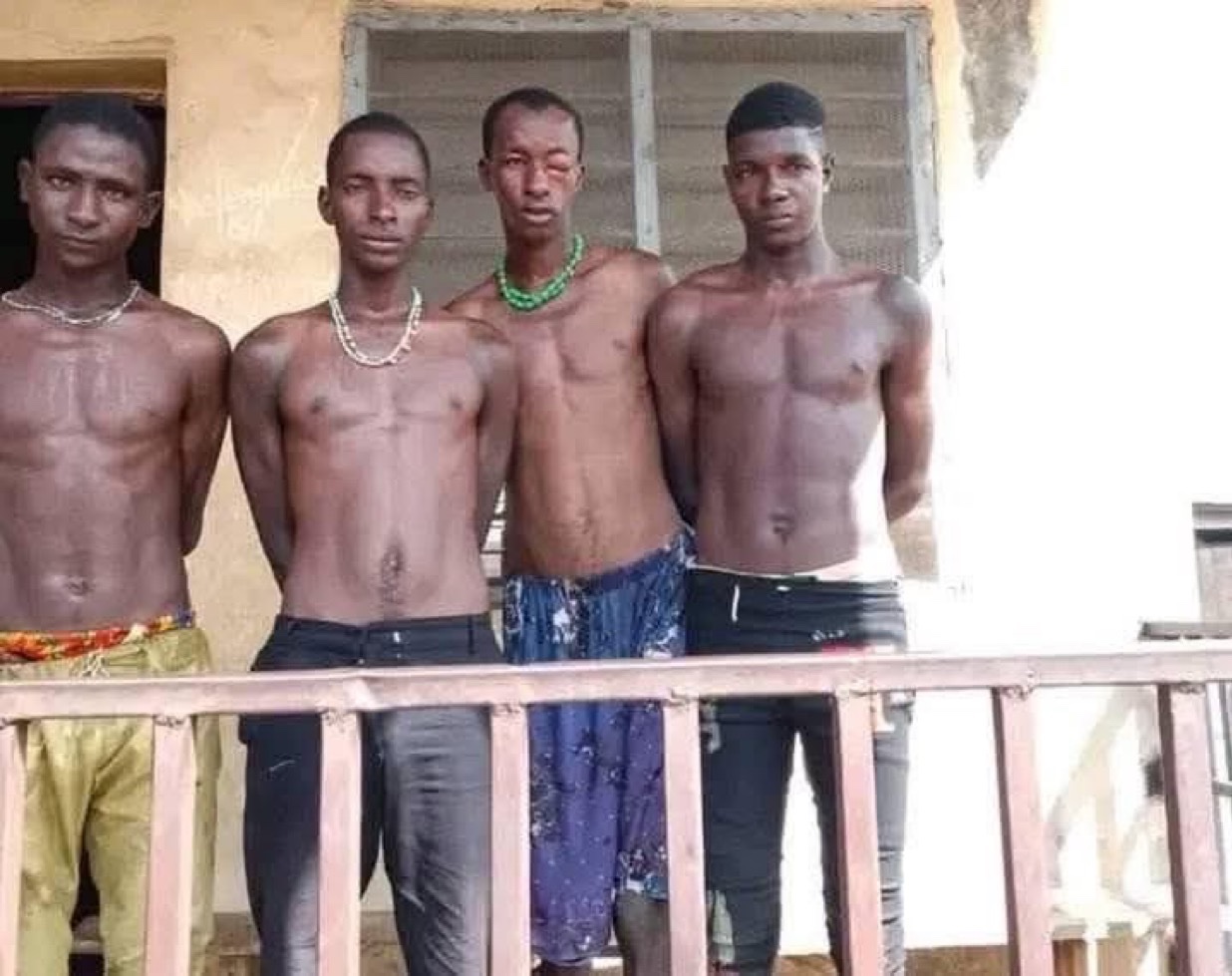
“I Was Too Harsh”: Mercy Aigbe Reveals Daughter’s Childhood Trauma in Emotional Confession

Nollywood actress and producer Mercy Aigbe has opened up about a painful moment from her past parenting experience that left her deeply reflective and emotional. In a candid revelation that’s now making waves online, the actress admitted to being too hard on her daughter, Michelle, during her upbringing, even recalling a moment that has haunted both mother and child for years.
Speaking during a heartfelt conversation, Mercy Aigbe confessed that her approach to parenting in the past was rigid and influenced by a need to raise a responsible and well-grounded child. However, she admitted that her methods, particularly one incident involving physical discipline, were excessive. The actress tearfully recounted how Michelle once reminded her of a day she hit a bucket on her head, a memory that her daughter now considers traumatic.
"The upbringing I gave her was too harsh," Aigbe admitted. "Michelle told me recently that she was traumatized when she remembered that I once hit a bucket on her head." Her voice reportedly broke as she shared the shocking moment of realization, making it clear that she was not proud of her actions. The 46-year-old screen star went on to say that she had no idea how deeply that incident had affected her daughter, as it seemed like just another disciplinary action at the time.
Her confession has sparked a wave of reactions online, especially among African parents and their children, many of whom can relate to the emotionally charged dynamic of discipline in traditional homes. Mercy Aigbe, known for her outspoken personality and glamorous lifestyle, took a vulnerable turn in this moment, reminding fans that behind the fame and glitz is a mother who made mistakes in the name of love and structure.
Mercy explained that growing up, she didn’t question the methods of discipline used by her own parents and simply replicated what she believed was the best way to raise a child. "I wanted her to turn out well. I wanted her to be focused. I didn’t want her to go astray," she said. But over time, she began to realize that harsh discipline may not always yield the best results — and can, in fact, leave lasting emotional scars.
The actress, who often shares pictures and videos of her daughter on social media, especially during milestones like birthdays and school achievements, said she never wanted to be a bad mother. Yet in trying to be a strong disciplinarian, she may have overlooked the emotional consequences of her actions. Michelle, now a young adult studying abroad, has grown into a confident and independent woman, but her recent conversation with her mother about childhood trauma opened a floodgate of reflection for Mercy.
"I cried that day. It broke my heart," Mercy revealed. "I didn’t know she was still carrying that memory with her. And to think that it hurt her so much — that it traumatized her — made me feel like I failed her in that moment." Her honesty about the incident not only shows a mother willing to admit her faults but also highlights a broader conversation about the line between discipline and abuse in African homes.
Many social media users have applauded Mercy for her honesty and willingness to publicly confront a dark part of her parenting journey. Some commended her growth and the effort to rebuild that part of her relationship with her daughter, while others took the opportunity to reflect on their own childhood experiences. One user wrote, "This is why it’s so important to talk to your children and listen to them. They remember things we think they’ve forgotten." Another added, "Our parents thought they were doing what was best, but sometimes it did more harm than good. We have to break the cycle."
Interestingly, Mercy Aigbe’s confession also comes at a time when mental health awareness, especially among young people, is gaining momentum in Nigeria and other parts of Africa. What was once dismissed as oversensitivity or “oyinbo behavior” is now being taken more seriously, and her revelation has been praised as a much-needed voice in the evolving discourse around parenting, emotional intelligence, and generational trauma.
Though the bucket incident may seem extreme, many Nigerians — particularly those born in the ‘80s and ‘90s — can relate to harsh disciplinary methods that were common in many homes. Be it the belt, broom, or other unconventional tools of correction, physical punishment was widely accepted and even encouraged by society. But today, many young adults are confronting those memories, acknowledging their impact, and seeking healing. Mercy’s story has become a powerful reminder that parenting is not just about enforcing rules but also about nurturing emotional safety and open communication.
Despite the tears and regrets, the actress said the experience brought her closer to Michelle. "We had a long talk after that. I apologized. I told her I didn’t know it hurt her so much. And I promised her that I’d always listen to how she feels, no matter what." It was a touching moment of reconciliation that many could relate to but also learn from.
Mercy Aigbe’s willingness to take accountability and share her journey publicly could help inspire a shift in the traditional parenting narrative. Her story challenges the deeply ingrained belief that discipline must always come through fear and pain. Instead, it encourages dialogue, empathy, and reflection — not just between parents and children, but within society as a whole.
As fans and followers continue to digest the raw honesty of her confession, it is clear that Mercy Aigbe has sparked more than just a trending topic — she’s ignited a much-needed conversation. Her story is one of regret, growth, and healing — a mother’s painful realization that love must be firm, but never cruel. And in sharing it, she has perhaps given others the courage to confront their pasts, forgive their parents, or even seek forgiveness from their children.
Ultimately, Mercy Aigbe’s emotional reflection serves as a reminder that every parent makes mistakes, but what truly matters is the willingness to grow from them. In her vulnerability, she may have just paved the way for a new generation of parents who are not afraid to discipline — but are even braver in choosing compassion, listening, and love.


